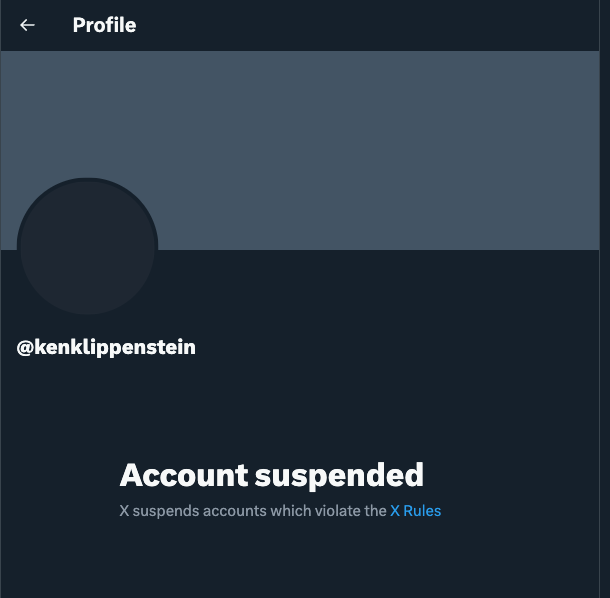The statement '@elonmusk the rule for thee but not for me' in response to the suspension of Ken Klippenstein's account on Twitter (now X) suggests a critique of perceived double standards in the enforcement of platform rules. The tone is accusatory and implies that Elon Musk, as the owner of the platform, may be applying rules inconsistently or unfairly.
- The statement does not directly cause harm but implies unfair treatment, which could contribute to a broader sense of injustice. [-1]Principle 1:I will strive to do no harm with my words and actions.
- The statement respects privacy but questions the dignity of the platform's rule enforcement, potentially bordering on harassment if not substantiated. [-1]Principle 2:I will respect the privacy and dignity of others and will not engage in cyberbullying, harassment, or hate speech.
- The statement does not promote understanding, empathy, or compassion; it is more accusatory and critical. [-1]Principle 3:I will use my words and actions to promote understanding, empathy, and compassion.
- The statement engages in criticism but lacks constructive dialogue, focusing on a personal attack on Elon Musk's management. [-2]Principle 4:I will engage in constructive criticism and dialogue with those in disagreement and will not engage in personal attacks or ad hominem arguments.
- The statement uses influence to highlight a perceived issue, which can be seen as an attempt to hold those in power accountable. [+1]Principle 6:I will use my influence for the betterment of society.
- The statement upholds free speech by expressing a critical opinion but should be balanced with responsibility and integrity. [+1]Principle 7:I will uphold the principles of free speech and use my platform responsibly and with integrity.
